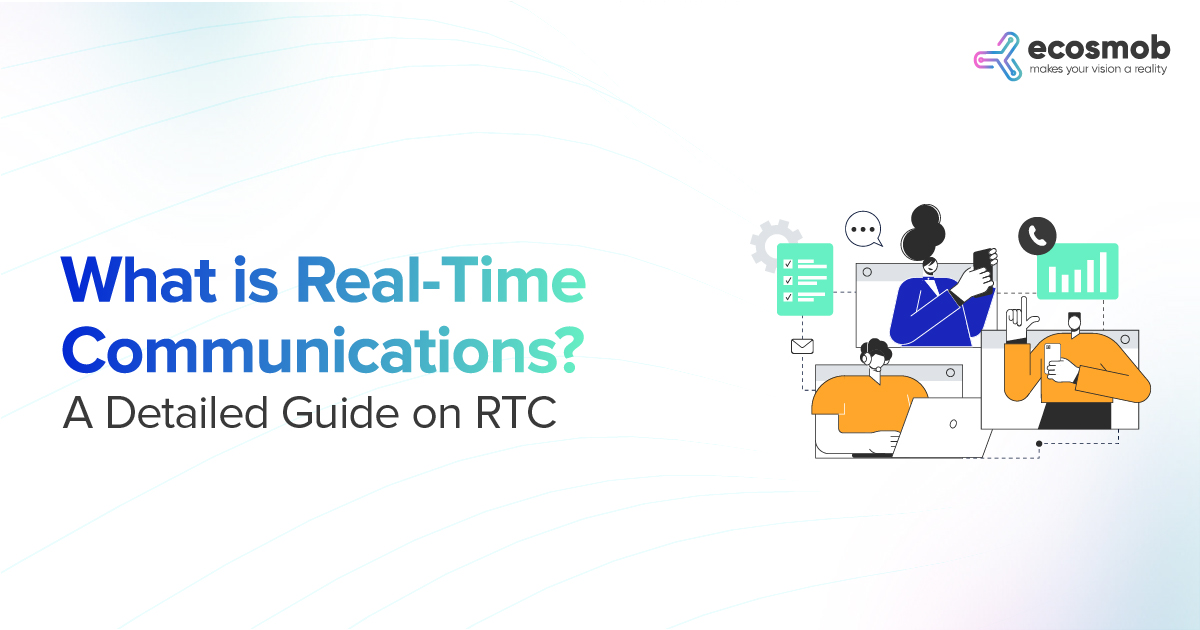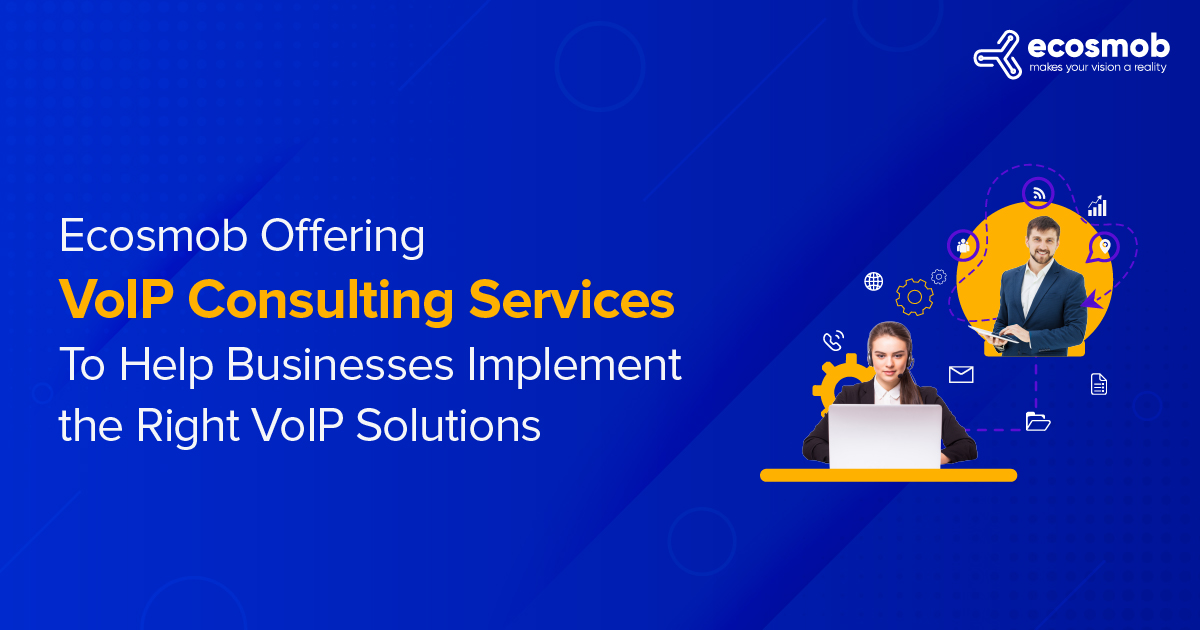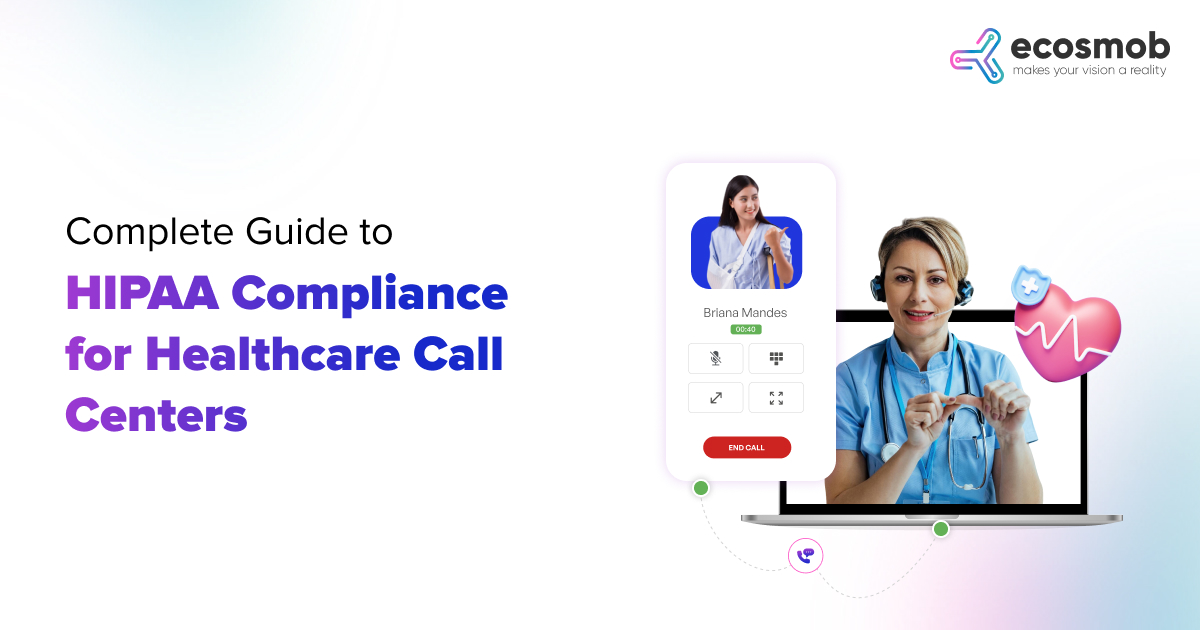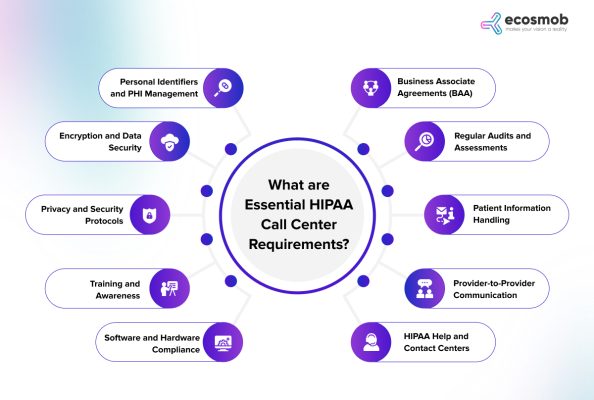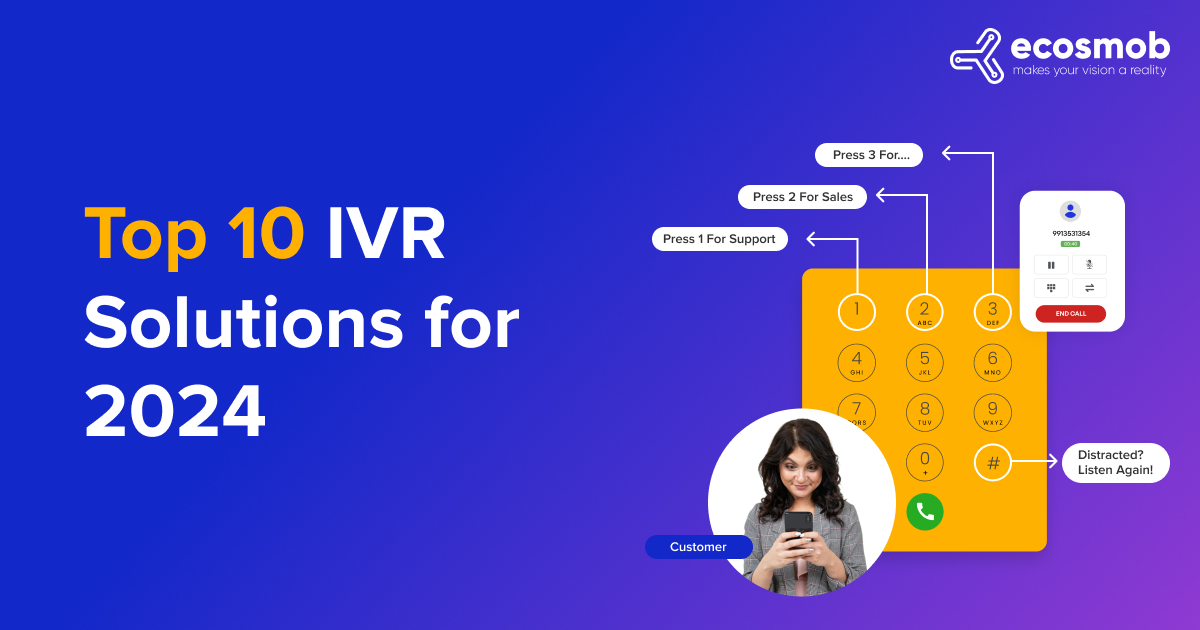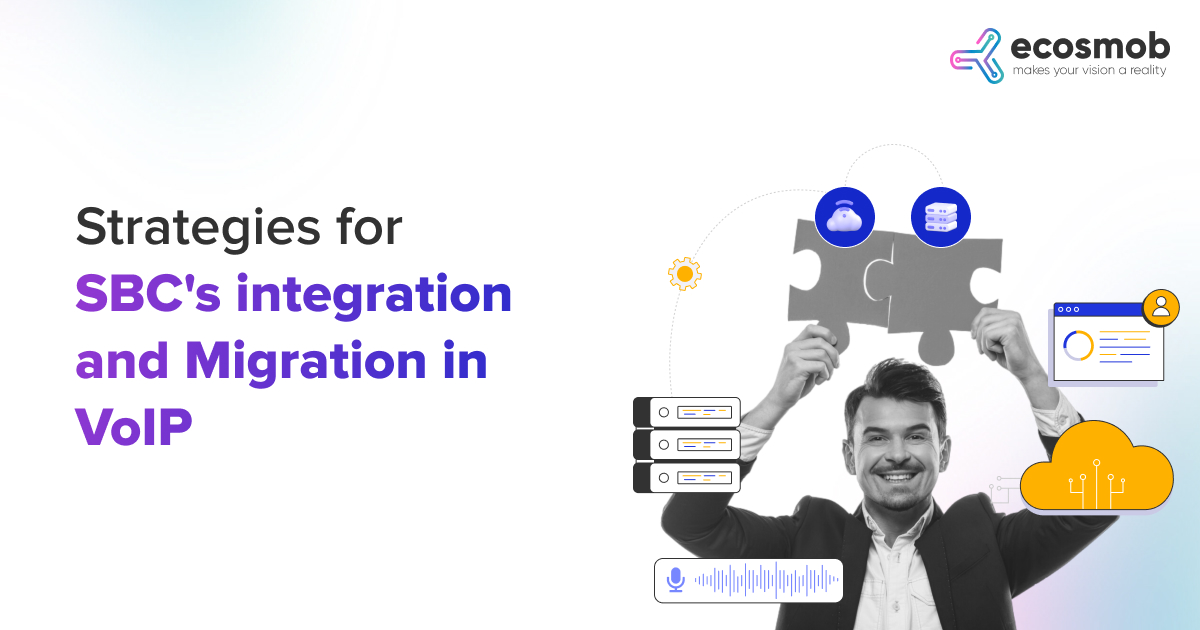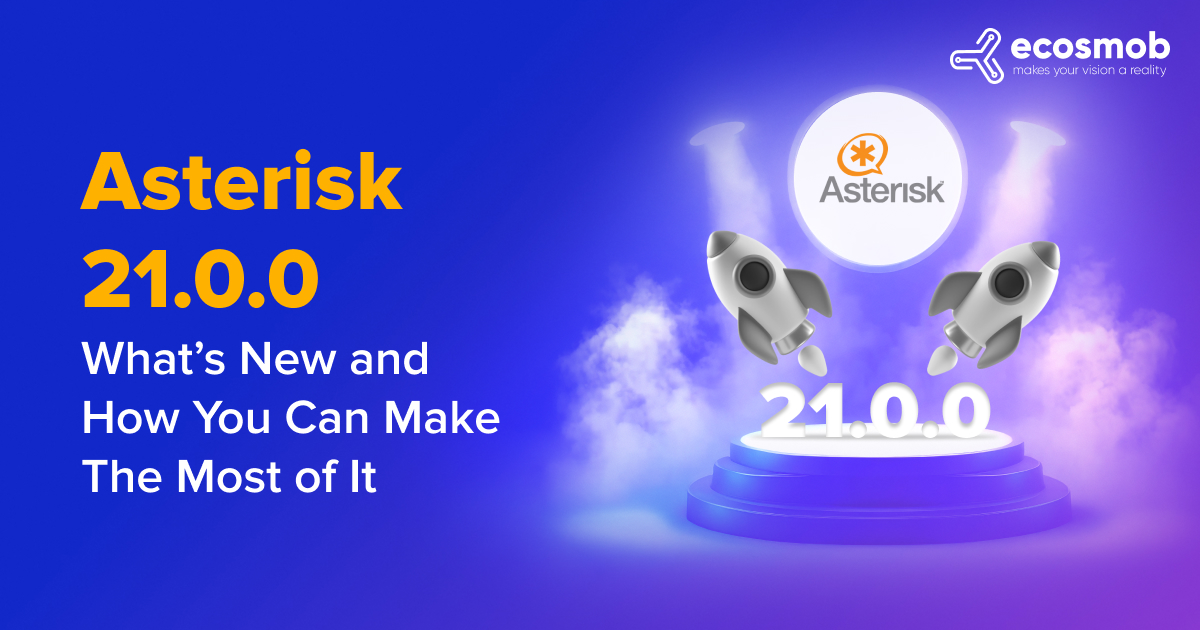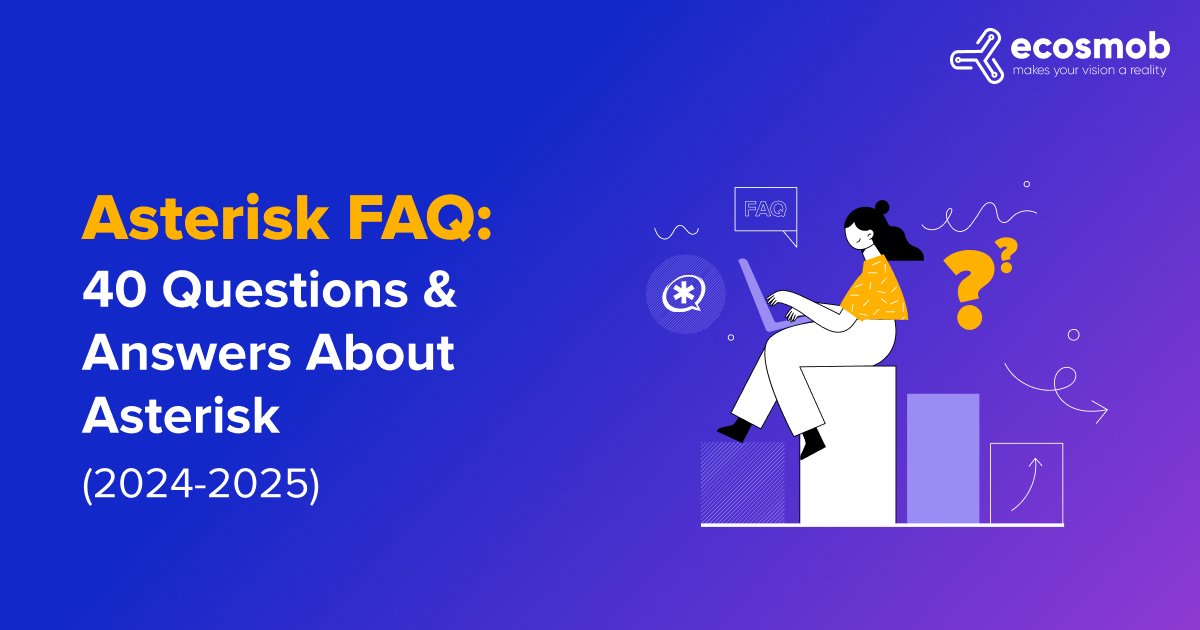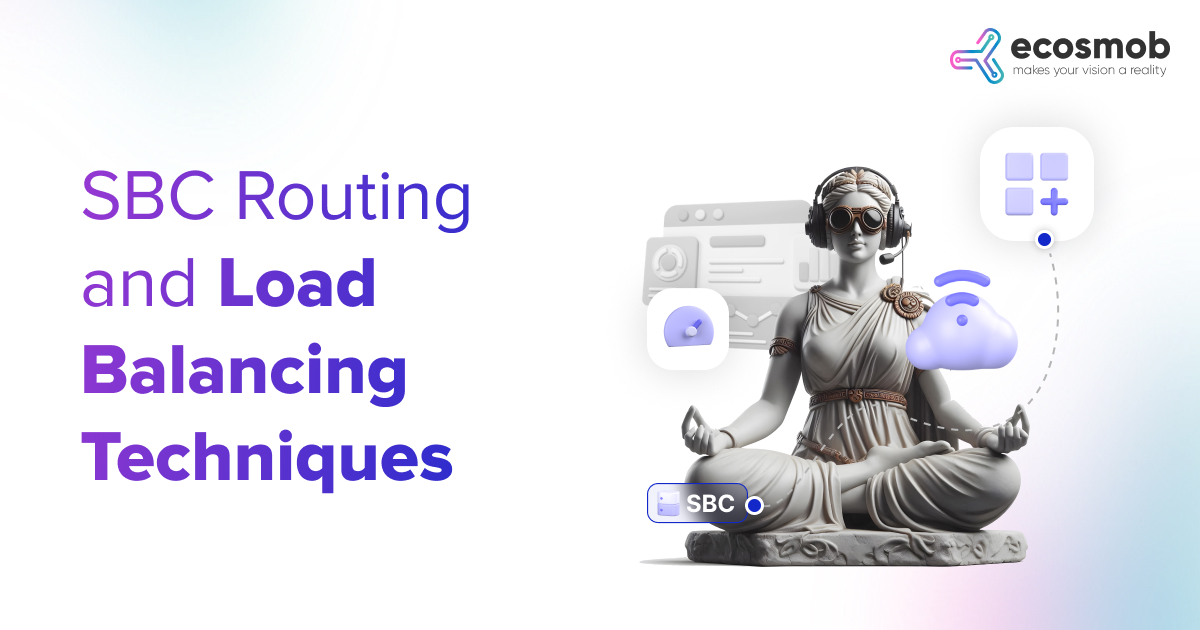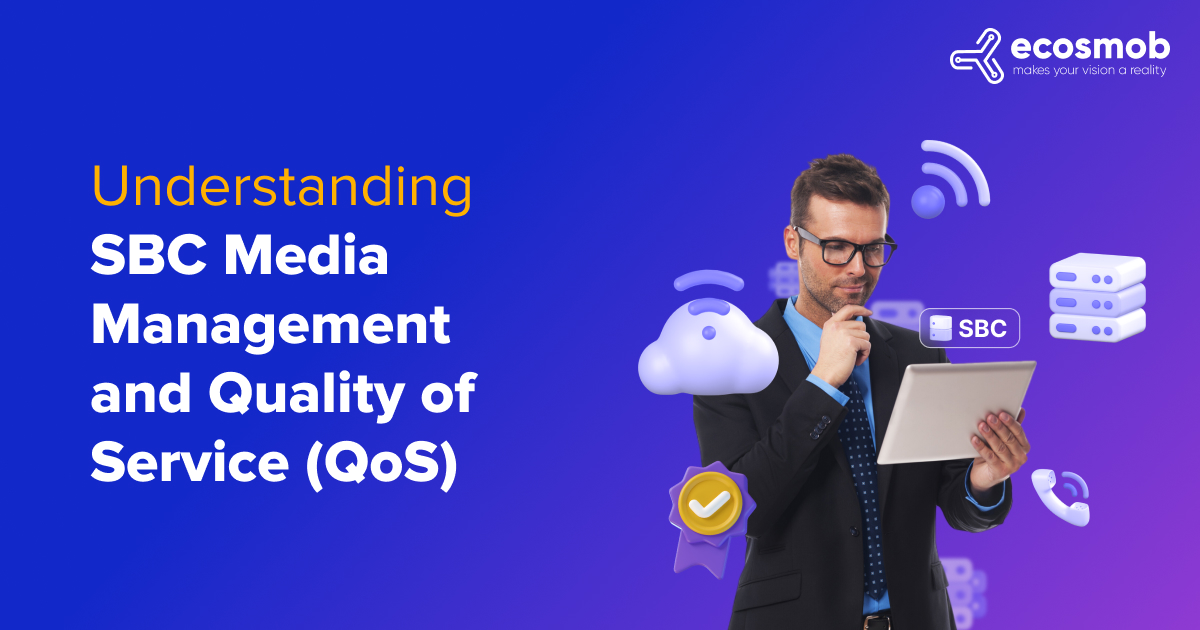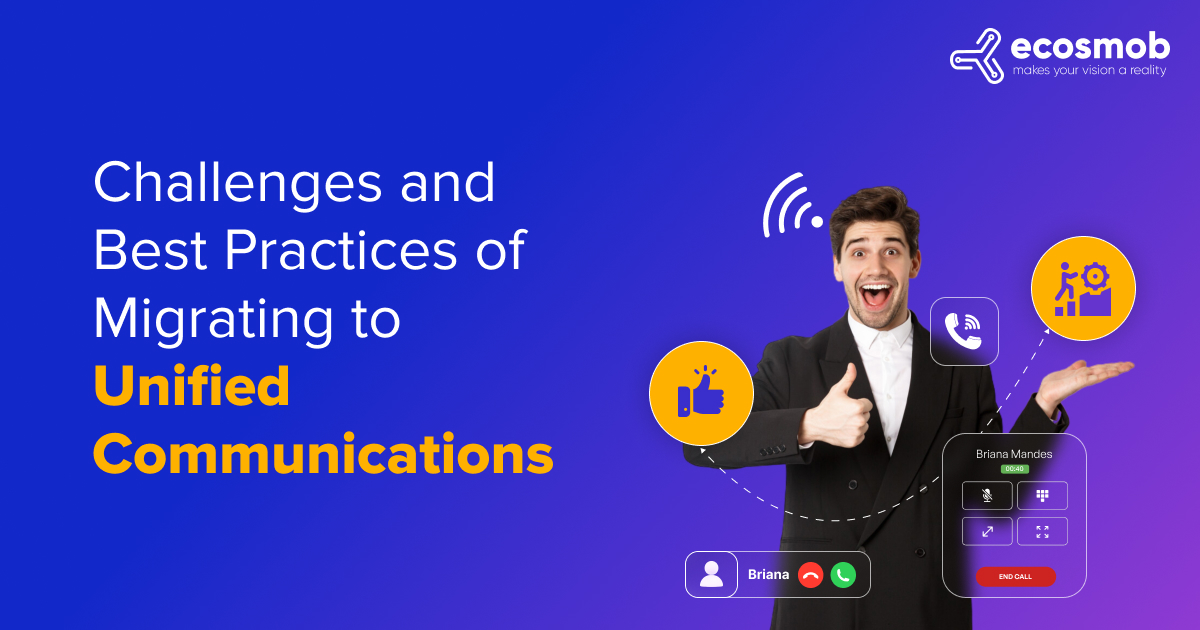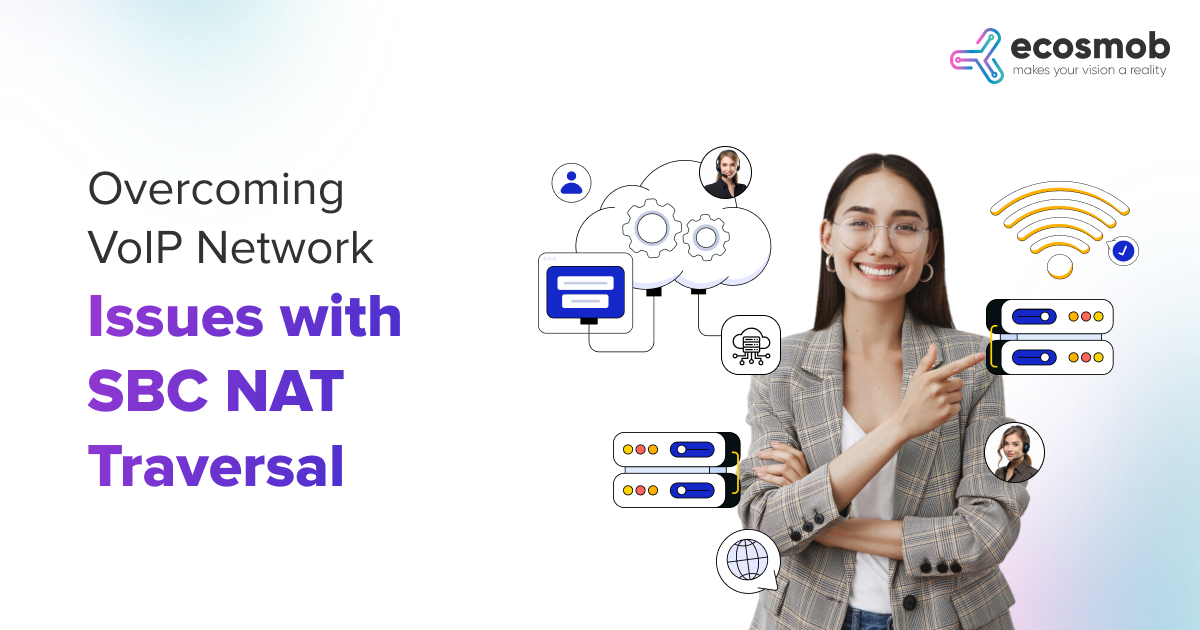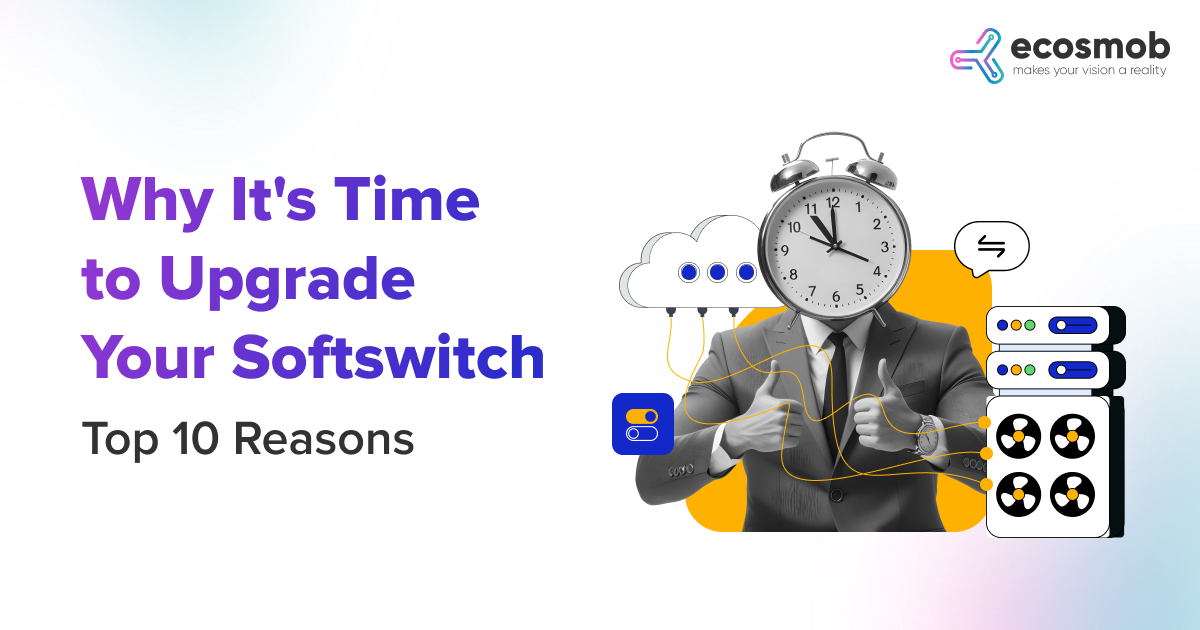In the intricate realm of healthcare services, call centers play an essential role of SBCs in Healthcare Amid HIPAA Regulations in enabling communication between patients and healthcare service providers. However, this crucial nexus is also a hotbed for potential violations of the Health Insurance Portability and Accountability Act (HIPAA), a federal law in the United States designed to safeguard patient health information.
Ensuring Session Border Controller in HealthCare and its compliance with HIPAA regulations in healthcare call centers is a moral imperative to maintain the trust and confidence of those seeking medical assistance. Ecosmob presents critical aspects of HIPAA compliance, specifically for call centers, highlighting the essential requirements and best practices to ensure the privacy and security of patient information. However, before proceeding further, let’s understand HIPAA in the Call Center.
What is HIPAA in a Call Center?
HIPAA sets the standard for safeguarding sensitive patient data. The organization that deals with protected health information (PHI) ensures that all the required network, physical, and process security measures are in place and followed.
Over the past three years, the COVID-19-affected nations have come to understand more than ever how extremely fragile life is and how much it should be valued. As a result, in many countries, including the US, hospital admissions, doctor visits, and even health insurance claims have progressively increased annually. Remote patient monitoring indicates that US healthcare providers and facilities invested $17.9 billion in cloud-based technologies in 2022; by 2026, that amount is expected to rise to $29.15 billion.
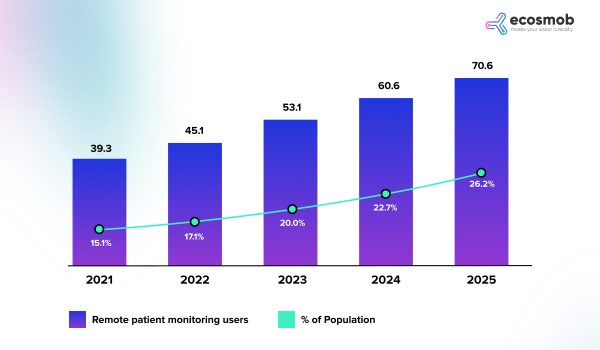
For call centers engaged in healthcare services, understanding the nuances of HIPAA is the first step towards compliance.
HIPAA Privacy Rule
This rule sets standards for protecting individuals’ medical records and other personal health information. It applies to healthcare clearinghouses, health plans, and healthcare service providers that conduct certain healthcare transactions electronically.
HIPAA Security Rule
The Security Rule specifies a series of physical, administrative, and technical safeguards for covered entities to ensure the confidentiality, integrity, and security of electronically protected health information (ePHI).
HIPAA-Compliant Phone Recording
One of the critical aspects of HIPAA compliance in call centers is ensuring that all phone recordings are conducted to protect patient privacy. It includes safeguarding recordings that contain Protected Health Information (PHI).
Transform Your Call Center with HIPAA Compliance
What are Essential HIPAA Call Center Requirements?
HIPAA compliance is crucial for call centers that handle PHI. Here are some of the critical requirements of HIPAA call centers given below:
Personal Identifiers and PHI Management
Call centers must handle PHI carefully. Any information that can be used to identify a patient, including names, addresses, phone numbers, and medical records, must be protected.
Encryption and Data Security
HIPAA mandates that all electronic communications, including emails and digital recordings, be encrypted. This is crucial for HIPAA-compliant call recording and data security in call centers.
Privacy and Security Protocols
Call centers must establish robust privacy and security measures. This involves implementing physical, administrative, and technical safeguards to protect PHI.
Training and Awareness
Regular training programs for staff are essential. Employees should be well-versed in HIPAA telephone rules and the nuances of handling sensitive healthcare information.
Software and Hardware Compliance
The technology used in call centers, such as Session Border Controller (SBC) Solutions in VOIP systems and databases, must comply with HIPAA standards. It includes ensuring HIPAA-compliant phone systems and software security.
Business Associate Agreements (BAA)
Contact center solutions often act as Business Associates (BA) and must have BAAs with healthcare providers. This formalizes their commitment to adhering to HIPAA rules.
Regular Audits and Assessments
Regularly assessing and auditing call center operations for HIPAA compliance is critical. This includes checks for HIPAA-compliant call recording practices and data handling.
Patient Information Handling
All staff should be trained in handling patient information sensitively and by HIPAA verification procedures.
Provider-to-Provider Communication
HIPAA also governs provider-to-provider communication, ensuring such interactions uphold patient privacy standards.
HIPAA Help and Contact Centers
Establishing HIPAA help centers or contact numbers can assist in managing HIPAA compliance and patient privacy queries.
What are the Effective Challenges and Solutions in Operating HIPAA-Compliant Call Centers?
Maintaining HIPAA compliance in call centers is crucial for ensuring the security and protection of patient information. Here are some best practices for HIPAA compliance in call centers:
Technology Integration
Integrating HIPAA-compliant software and hardware can be challenging. Solutions include using specialized HIPAA-compliant phone systems and encrypted communication channels.
Staff Training
Continuous training is vital. Call centers can develop ongoing training programs to update staff on HIPAA rules and best practices.
Maintaining Compliance
With evolving regulations, maintaining compliance can be challenging. Regular audits and policy updates are essential to stay compliant.
Conduct Regular Risk Assessments
Regularly evaluate potential risks to ePHI and implement measures to mitigate them. This proactive approach helps in identifying vulnerabilities early.
Implement Robust IT Security Measures:
Utilize firewalls, anti-virus software, intrusion detection systems, and regular security patch updates to protect against cyber threats.
Using Secure Communication Channels
Ensure that all communication channels, including phone calls, emails, and chat systems, are secure and comply with HIPAA requirements.
Maintain Detailed Records
Keep comprehensive logs of access to PHI. It helps track and manage data access and can be crucial in the event of an audit.
Foster a Culture of Compliance
Encourage a workplace culture where HIPAA compliance is a priority. Regular reminders and updates about HIPAA regulations can reinforce the importance of compliance.
Partner with HIPAA-Compliant Vendors
If outsourcing any services, ensure that the vendors are HIPAA compliant. It includes signing Business Associate Agreements (BAAs) as necessary.
By implementing these practices, call centers can lower the risk of HIPAA violations and protect sensitive patient information.
How can a HIPAA-compliant call center ensure patient privacy and information security?
For call centers dealing with healthcare-related inquiries, adherence to HIPAA regulations is not just about legal compliance but is also about ensuring patient trust and safeguarding sensitive information. By understanding and implementing the requirements and best practices, call centers can navigate the complexities of HIPAA compliance effectively, thus playing a vital role in the secure and confidential handling of healthcare information.
Ecosmob— HIPAA Compliant Call Center
HIPAA compliance is an ongoing process. It demands continuous vigilance, regular training, and an adaptive approach to security and privacy practices. By staying informed and proactive, call centers can comply with HIPAA, contribute to protecting patient privacy, and enhance the quality of healthcare services.
We at Ecosmob understand the most significant outcome of HIPAA compliance, i.e., the trust and confidence of our customers. We are entirely compliant with HIPAA regulations to provide you and your clients with the security and protection you require. Proactive commitment to the strictest data and information protection guidelines constitutes proactive customer service, going above and beyond simple communication and troubleshooting.
We are happy to uphold our dedication to HIPAA regulations. For a free quote on our top-notch call center services, contact us right now.
Ready to Join Hands and Enhance Your Compliance Today?
FAQs
What is HIPAA, and how do call centers fall under its scope?
The Health Insurance Portability and Accountability Act (HIPAA), a federal statute, establishes guidelines for safeguarding private patient health information. HIPAA regulations must be followed by call centers that handle healthcare-related data to guarantee the privacy, accuracy, and security of protected health information (PHI).
What are the leading call center HIPAA requirements?
Call centers must put administrative and physical security measures to protect PHI. It includes limiting access to PHI, securing data transmission and storage, providing employee training on HIPAA compliance, and conducting frequent audits to guarantee continued compliance.
What repercussions can HIPAA violations in contact centers have?
HIPAA regulations violations can lead to substantial penalties, court cases, and harm to the call center’s reputation. The severity and type of the infraction determine the sentence.
How can call centers make sure they continue to comply with HIPAA?
To ensure adherence to HIPAA standards, call centers should regularly monitor and audit their practices, update policies and procedures as needed, perform periodic security risk assessments, and train staff regularly.
In what manner could the Office for Civil Rights at HHS learn of an unreported data breach?
The HHS Office for Civil Rights examines individual complaints and reports from covered entities and business partners; therefore, if a member of the public files a protest in response to (for instance) unusual activity in their bank account, unsolicited phone calls or emails, or an increase in their health insurance premiums (due to fraudulent use of healthcare), the HHS Office for Civil Rights may become aware of an unreported data breach.
What occurs if a call center disregards any relevant HIPAA regulations?
You must terminate any contracts in place, and a call center cannot be used as a business associate by a healthcare organization if it does not adhere to all applicable HIPAA standards. The HHS Office for Civil Rights imposes civil penalties on the call center and the healthcare organization if a data breach results from a call center’s violation of any HIPAA regulations.
